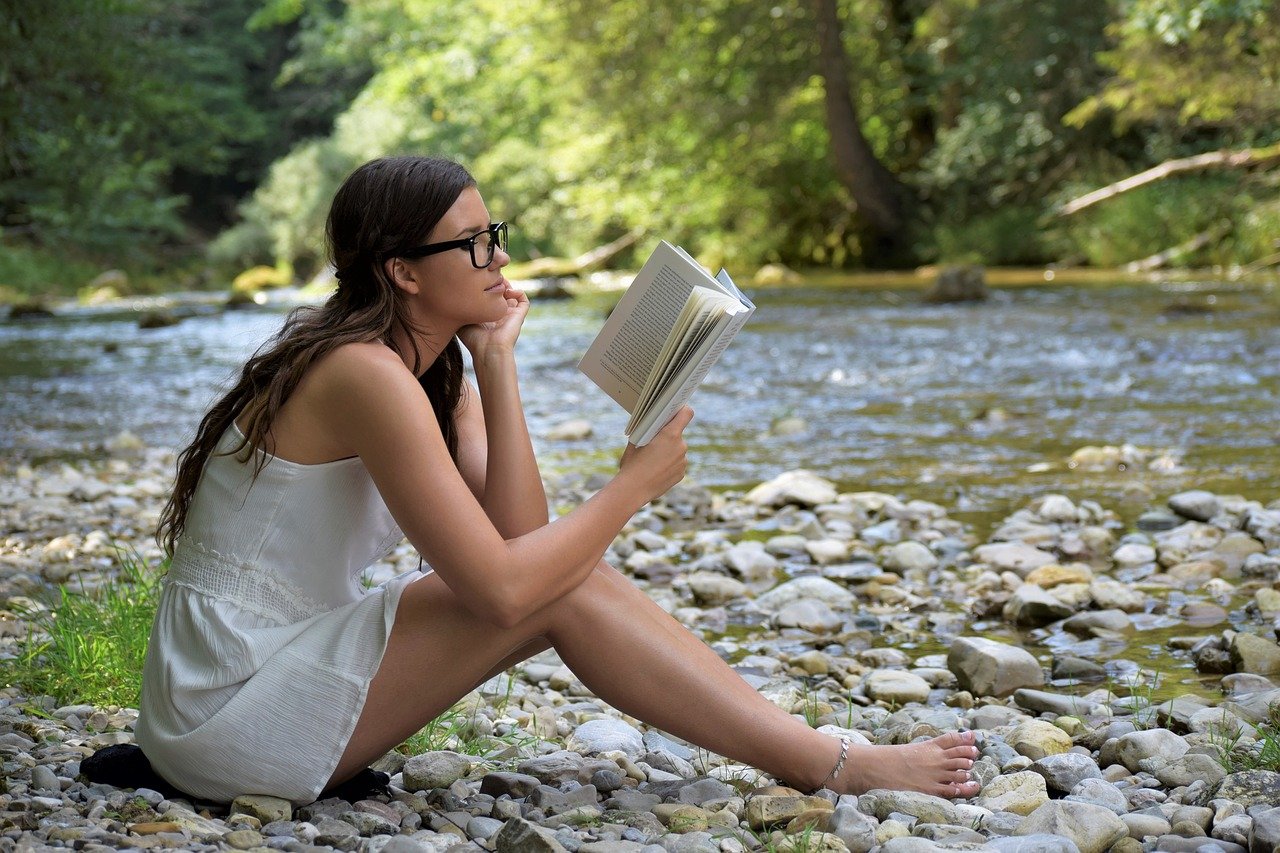Always the relationship between man and nature it was one of the central themes of literature. Without a doubt it would be interesting, in particular times like these, to analyze this dichotomy between man and nature, which has inspired many writers world famous. The attention that is being paid to the environment, especially in recent years, undoubtedly has a foundation in the environmental crisis we are experiencing.
Probably, such a crisis had never manifested itself in history and this has prompted many governments of various countries to take action in the most varied ways: in addition to limitations regarding, for example, everything related to the production of plastic, certainly one of the most significant provisions concerns the energy saving deductions, or the tax discounts provided to improve the energy efficiency of buildings.
In short, it is clear that the relationship between man and the environment has always been very troubled and particularly complex. But let's see how this could affect literary production.
Man and environment: an ancient relationship
Without a doubt, the classical tradition is the main starting point. The Greek civilizations, in particular, they were the first to deify some environmental elements: for example, the sea personified by the figure of Poseidon; the wind in Aeolus, the sun in Elio and so on. It goes without saying that the classification tradition is certainly indissolubly linked to the Latin one.
It is, however, with the Christianity that you begin to adopt gods natural symbols (like the dove, the olive tree, the grape, the lamb), in such a way as to create a bond of meanings. And this link is also revealed, as far as literature is concerned, in the Provencal lyric: for example, some natural elements, such as the rose, are associated with the female figure. Same goes for the stilnovista poetry: do you remember the play on words that featured the laurel?
From Romanticism to the twentieth century
Il Romanticism it will mark another fundamental step in this sense. This literal and philosophical movement saw, in fact, every natural element as a real manifestation of the ego. Nature begins to be at the center of things again.
Probably just as significant, as far as the relationship between nature and man is concerned, it will be industrialization which will begin in the nineteenth century. In fact, in this case, we speak of a real destruction of the environment, which inevitably leads to an annihilation of man: the subject was treated in an excellent way by the realists as Cock, in Italy, and by foreign authors such as Charles Dickens.
The two World Wars, in addition to upsetting the human soul from many points of view, also marked the relationship with nature: emblematic is the work of Italo Calvino. With the latter, nature will become a place of protection from all catastrophic events in history.
We could say that from the sixties and seventies, up to the present day, this complex relationship between the environment and man has developed in another original way. A science fiction genre has been created, which is supported in particular by authors such as Philip Dick, who began to imagine apocalyptic, pessimistic scenarios linked to the environmental decline that society was facing.





